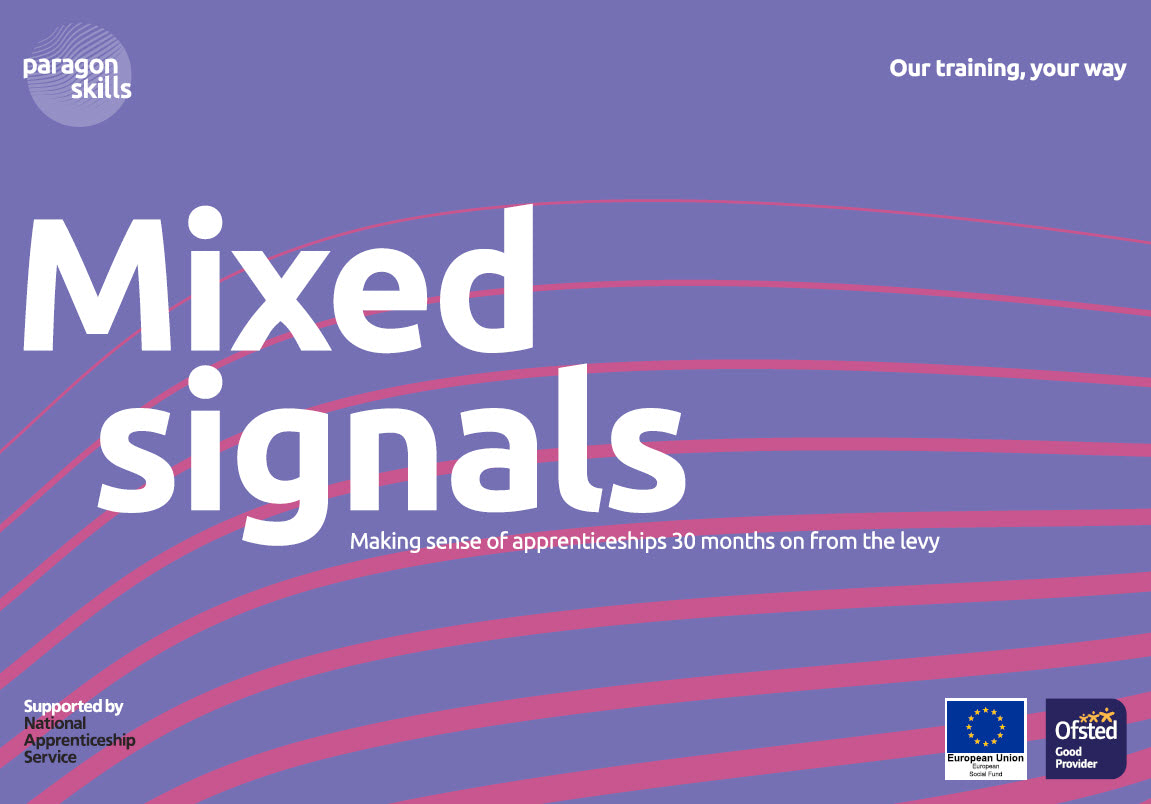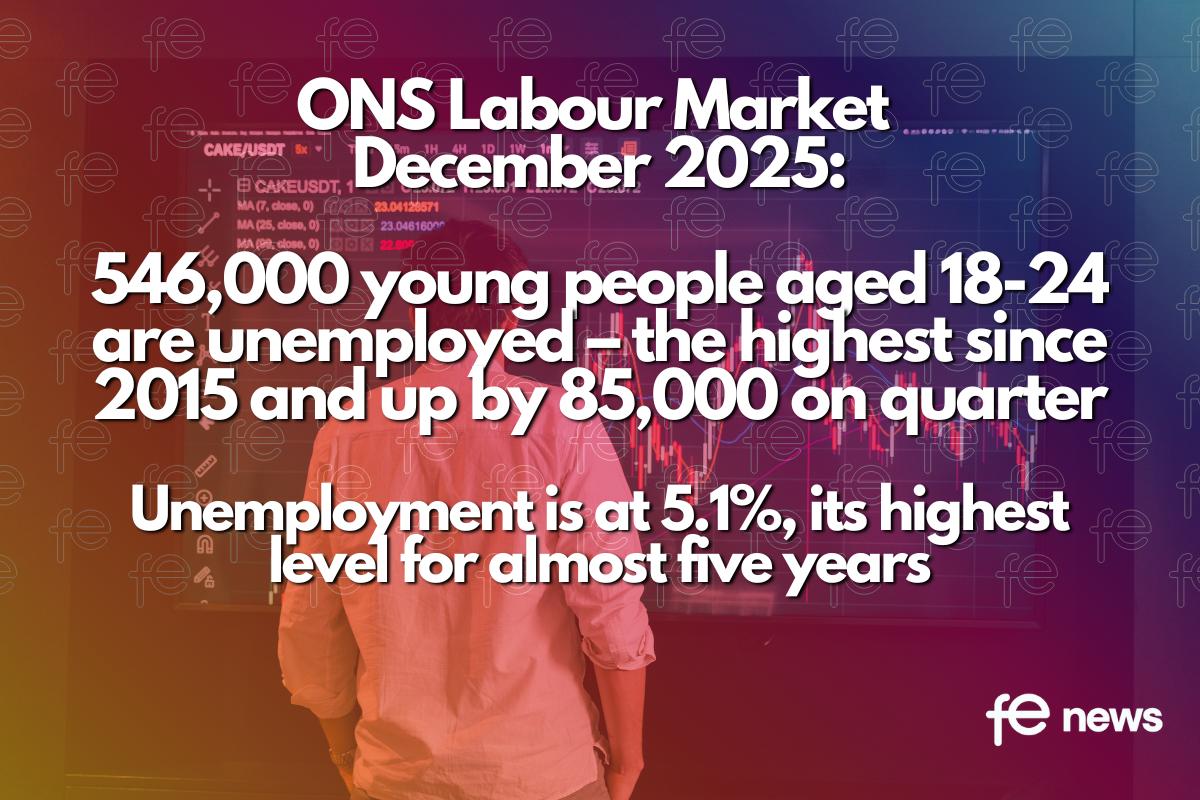Mixed Signals: Making sense of #apprenticeships after 30 months of the levy

More than 1 in 4 companies are considering changing apprentice providers
A quarter (25%) of HR & L&D managers who have experience of apprenticeship programmes say they have been let down by their training provider, and almost one in six (15%) go as far as to say their providers haven’t always been honest with them.
Some sectors are less satisfied than others. More than four in ten (44%) technology employers and over a third (36%) in finance and accountancy are disappointed with their training providers. Over half (55%) of the former and two-fifths (38%) of the latter are considering moving to another provider.
Despite their disappointments, employers seem relatively upbeat about apprenticeships overall. Over four in ten (45%) say their business has become more positive about apprenticeships in the past 12 months. Fewer than one in six of all employers (15%) disagree.
Overall, over half (56%) of all employers told the national training provider that they feel positive about the impact apprenticeships are having on their business. Only 6% disagree.
The biggest problem, according to a third (32%) of employers is a lack of suitable apprenticeship programmes that meet the needs of their business. Over a quarter of all businesses (26%) feel that the available apprenticeship programmes aren’t suitable because they aren’t materially different to the qualifications colleagues already hold or will help them acquire new skills. A fifth (20%) of businesses say providers are unable to customise their programmes for their business.
Another key issue for organisations remains the quality of tutors. Over a quarter (26%) of the 500 employers questioned for Paragon Skills’ “Mixed Signals” market report say that the overall quality of their apprenticeship tutors is poor.
The same number (26%) also say they have trouble meeting the commitments of an apprenticeship programme such as fulfilling the 20% off-the-job training rule or finding cover for staff who are training.
 |
More than a quarter of HR decision makers (27%) – according to the study “Mixed Signals: making sense of apprenticeships after 30 months of the levy” by Paragon Skills – say their business is considering changing at least one of its training providers. |
It’s tempting for some providers to minimise the pitfalls and likely bumps along the road when they pitch for a training contract to get an agreement across the line. But in our experience, if providers aren’t honest and instead overpromise, they invariably under-deliver.
Every business has a distinct set of needs and they have to be carefully calibrated to the requirements of an apprenticeship programme. That takes time, dexterity and, crucially, personal tutors who not only immerse themselves in the culture of a business but also have the integrity to be frank with a client if they foresee problems along the road.
Other issues that may once have bedevilled apprenticeships appear to have declined in importance. Less than one in five (17%) now think apprenticeships have brand image problem, or carry the misconception that they are only for the low skilled. Relatively few respondents (13%) say there is a hostile internal culture towards apprenticeships, or that government policies (11%), restrictions on how they can spend levy money (12%) or prior attainment restrictions (9%) pose problems.
When it comes to the specific benefits employers see in apprenticeships, almost four in ten (38%) say managing talent progression and succession planning is the main advantage, followed by improving staff retention (29%), colleagues coming up with new ideas for the business (27%) and being an innovative solution to challenges the business faces (25%).
Interestingly, two-fifths (39%) of HR decision makers surveyed feel that if an appropriate apprenticeship had been available to them earlier in their careers, they would have done one. Only a fifth (19%) say they wouldn’t have.
Whatever the remaining obstacles, most of those questioned don’t think they would change very much about how they have developed their apprentice programmes. But of those that would, about a sixth (17%) say they would think more carefully about designing programmes that could tackle specific skills shortages. Similar numbers say they would have thought more carefully about the programmes selected (16%) and which colleagues to put on those programmes (15%).
From the evidence of our survey, the future for apprenticeships is bright. Frustrations remain, but the vast majority of employers believe apprenticeships benefit their business and they have become much more optimistic about them in the past 12 months.
For the most part, employers have risen to the apprentice challenge remarkably well, but even the best prepared business cannot foresee every eventuality. Attitudes will continue to evolve as markets change and the levy matures. Providers, too, have to listen and learn.
Mark Botha, Chief Executive, Paragon Skills











Responses